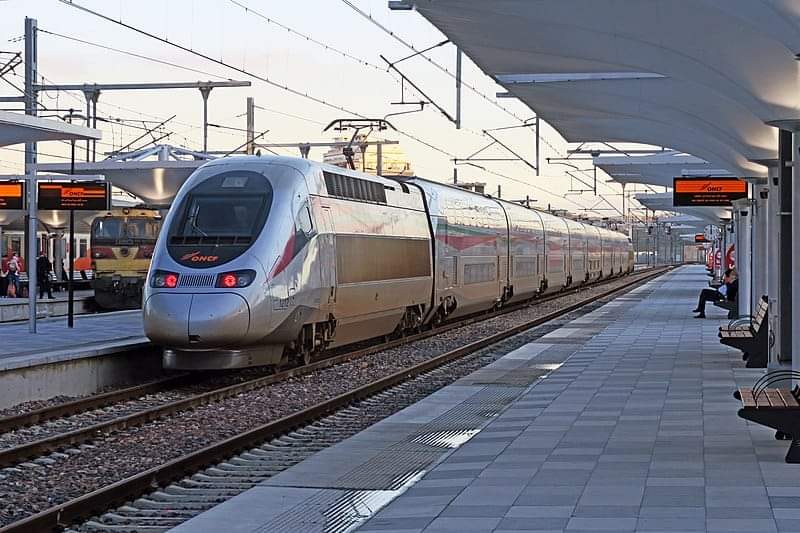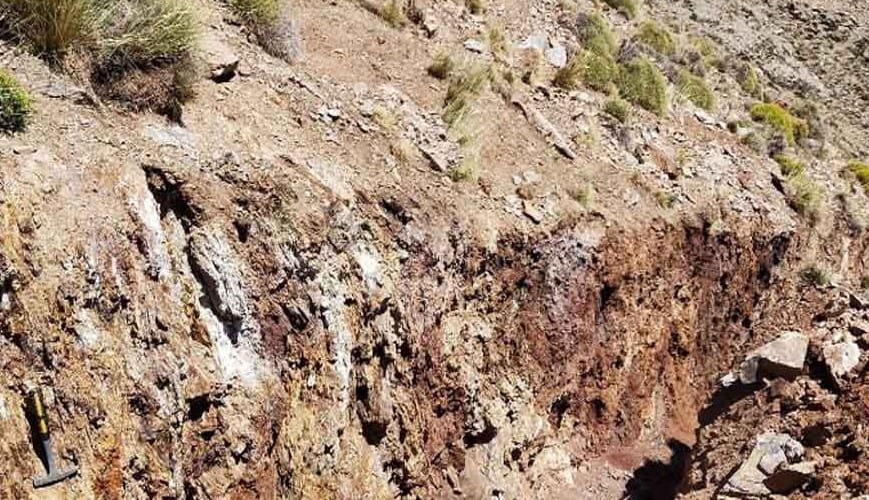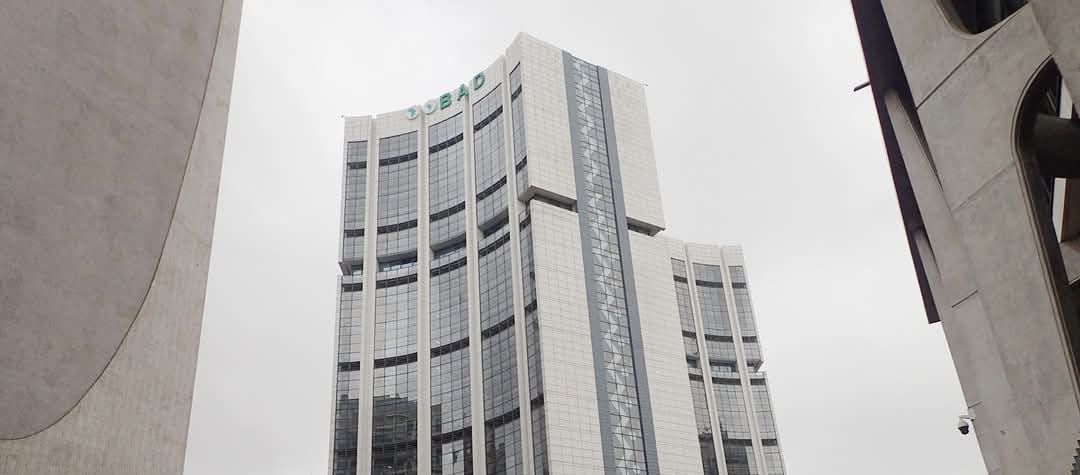Casablanca – Morocco’s private healthcare sector has emerged as one of the country’s fastest-growing domains, with Akdital Group, the nation’s largest private operator, reporting record results in the first half of 2025. The group announced consolidated revenues of $216 million by the end of June, a 68% increase compared with the same period in 2024
The surge in earnings highlights not only Akdital’s growing dominance but also a broader shift in Morocco’s healthcare landscape, where private operators are increasingly filling gaps left by the struggling public health system. Chronic underfunding, staff shortages, and infrastructure limitations have long challenged Morocco’s public hospitals, pushing many citizens toward private clinics in search of timely and specialized care.
Rapid growth across segments
According to BMCE Capital Global Research, Akdital’s strong performance was fueled by its established clinics and new facilities opened between 2023 and 2025. Units launched in 2024 alone contributed $58 million to the group’s revenues. Growth was particularly strong in multi-specialty hospitals, where activity rose 73%, and oncology centers, which recorded a 65% increase.
This rapid growth coincides with rising demand for private healthcare as patients often face long waits and overcrowding in public hospitals. For many families, private care—despite its higher cost—has become the only viable option for urgent or specialized treatment.
Expanding network and capacity
Akdital has continued to scale up its network nationwide. In the first half of 2025, the group opened a new facility in Guelmim and acquired two clinics in Laâyoune, increasing its total capacity to 4,111 beds across 21 Moroccan cities. These expansions bring private care closer to underserved regions, although questions remain about affordability for low-income households.
The group has ambitious plans for the remainder of the year, with 12 new openings planned in 2025. Six of them are expected before year-end, expanding Akdital’s reach into more areas of the country. By 2027, the company aims to operate over 62 healthcare institutions in more than 32 cities, with capacity exceeding 6,200 beds.
Innovation at the core
Beyond expansion, Akdital is positioning itself as a pioneer in medical innovation. In recent months, it has achieved national and continental firsts, including the first robot-assisted remote radical prostatectomy conducted between Casablanca and Laâyoune, and the first wireless pacemaker implantation in Morocco. These breakthroughs underscore the group’s ambition to make Morocco a hub for cutting-edge medical technology in Africa.
Strong financial performance
Operationally, Akdital reported an EBITDA of $55 million, a 60% increase year-on-year, supported by higher activity and more efficient operations. Consolidated net profit rose 69% to $22 million, while net profit attributable to the group increased 72% to $20 million.
The group’s expansion strategy, however, has been financed through increased borrowing. Consolidated debt stood at $297 million at the end of June 2025, up from $180 million in December 2024, reflecting investments in new facilities. Despite this, analysts view the borrowing as sustainable given the company’s profitability and market leadership.
Employment creation
Expansion has also generated significant employment opportunities. Since the beginning of 2025, Akdital has created 1,440 direct jobs, adding to the 3,756 positions created since the first half of 2024. This job growth stands in contrast to the staffing shortages in public hospitals, where many doctors and nurses face difficult working conditions and limited resources.
Regional ambitions
Akdital’s strategy is not limited to Morocco. Internationally, the group has begun construction of a 200-bed hospital in Dubai, a project valued at $70 million, with opening scheduled for the first quarter of 2027. In Saudi Arabia, it has also signed an agreement to operate a hospital in Riyadh. These steps underline Akdital’s ambition to become a regional healthcare brand across the Middle East and North Africa
A reflection of a divided healthcare system
Akdital’s rise highlights a paradox in Morocco’s healthcare landscape. On one hand, the private sector is booming, offering state-of-the-art facilities, advanced technologies, and rapid expansion. On the other, the public health system—still the primary provider for millions of Moroccans—struggles with limited funding, overcrowded hospitals, and disparities in access between urban and rural areas.
For middle- and upper-income households, private healthcare provides an increasingly attractive alternative. Yet for lower-income populations, the cost of private treatment remains prohibitive, leaving them dependent on the overstretched public system. This growing divide has sparked debates about healthcare equity and the role of private operators in addressing—not just profiting from—the nation’s healthcare challenges.
Looking ahead
With revenues surging, profits climbing, and international projects underway, Akdital is firmly established as Morocco’s private healthcare leader. Its expansion offers opportunities for employment and innovation, but it also raises questions about how the private sector can complement rather than overshadow the public system.
As Morocco seeks to reform and strengthen public health services, the rapid growth of groups like Akdital will remain a defining feature of the country’s evolving healthcare model—one where the balance between accessibility, quality, and equity will be closely watched.
















